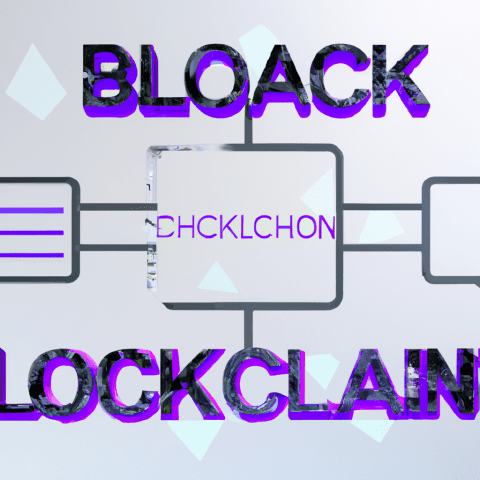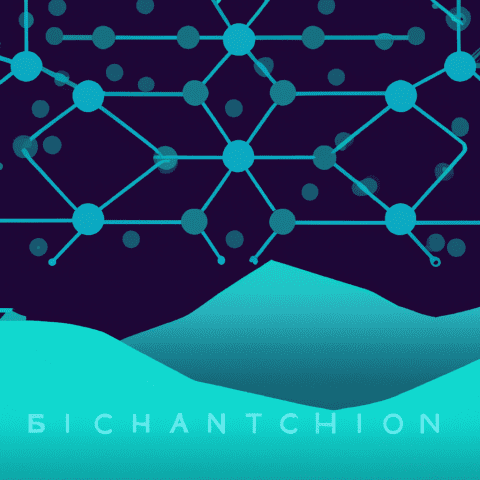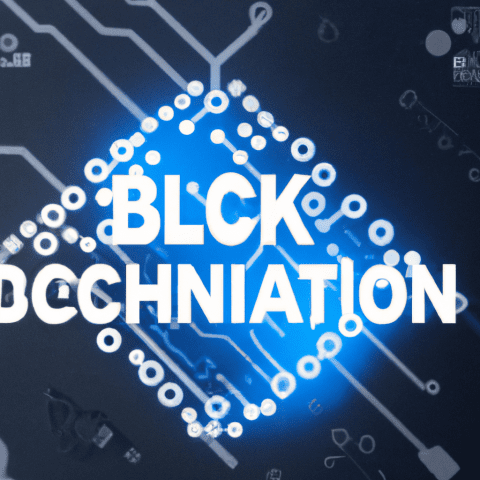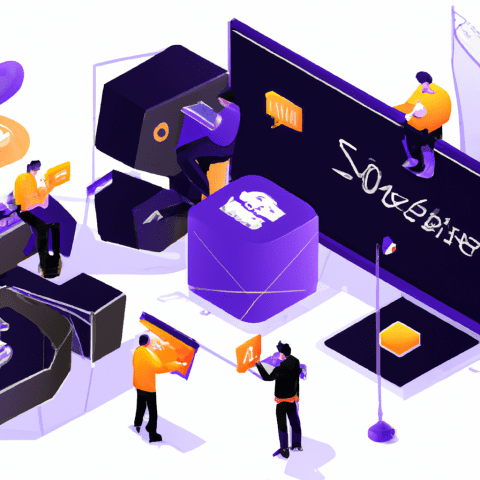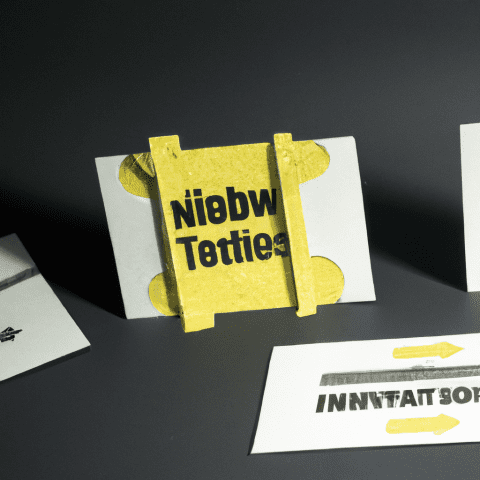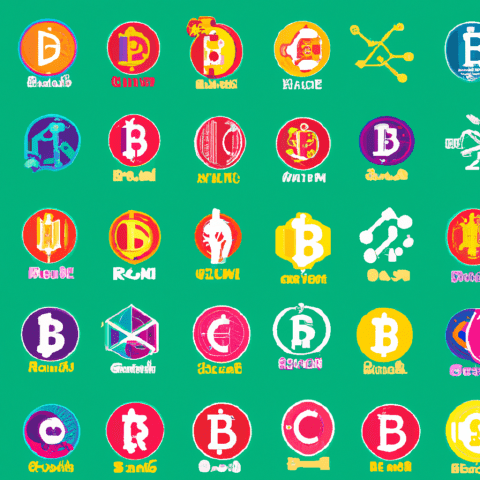In the ever-evolving world of technology, Web3 development has emerged as a game-changer in the realm of cryptocurrencies and blockchain. With the rise of Crypto SDKs and modules, developers now have access to powerful tools that can enhance the functionality and user experience of their projects. In this article, we will delve into the world of Web3 development, exploring the ins and outs of Crypto SDKs and modules. From understanding the importance of web3 plugins and wallet integration to building a seamless web3 experience with the right SDK, we will cover it all. So, if you're looking to enhance your crypto web3 projects and take them to the next level, read on to discover how integrating Web3 SDKs can revolutionize your development process.
1. "Exploring the World of Web3 Development: Understanding Crypto SDKs and Modules"
Web3 development is a rapidly evolving field that involves creating decentralized applications (dApps) that run on the blockchain. One of the key components of Web3 development is the use of Crypto SDKs and modules. These tools provide developers with the necessary resources to interact with blockchain networks, manage digital assets, and implement smart contracts.
Crypto SDKs, or Software Development Kits, are sets of tools, libraries, and documentation that enable developers to easily integrate blockchain functionality into their applications. These SDKs typically include features such as wallet management, transaction signing, and contract deployment. By using Crypto SDKs, developers can streamline the development process and focus on building innovative dApps.
In the world of Web3 development, there are a variety of Crypto SDKs available, each offering unique features and capabilities. Some popular options include Ethereum's Web3.js SDK, which provides a JavaScript interface for interacting with Ethereum smart contracts, and Truffle, a development framework for Ethereum dApps. Additionally, tools like Metamask and Coinbase Wallet provide Web3 wallets that allow users to securely store and manage their digital assets.
Web3 modules and plugins are another important aspect of Web3 development. These modular components can be easily added to dApps to enhance functionality and improve user experience. For example, a Web3 plugin may provide integration with a specific blockchain network or offer additional security features for managing digital assets.
In conclusion, understanding Crypto SDKs and modules is essential for developers looking to enter the world of Web3 development. By leveraging these tools, developers can create powerful dApps that leverage blockchain technology to revolutionize industries and empower users. Whether you are building a decentralized finance platform or a blockchain-based social network, incorporating Crypto SDKs and modules into your development process is key to success in the Web3 ecosystem.



